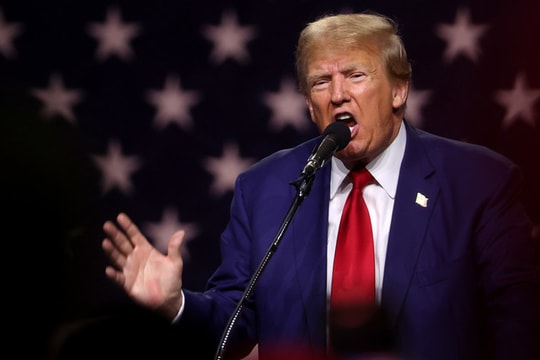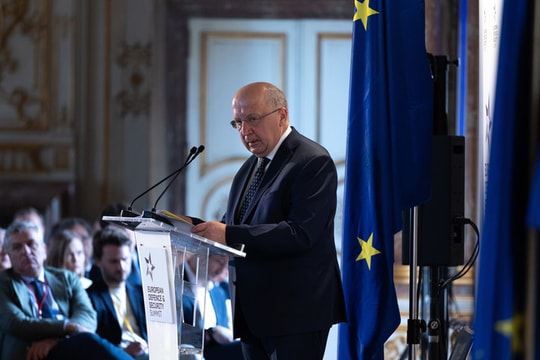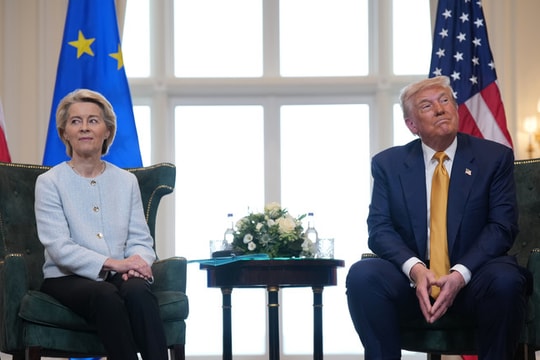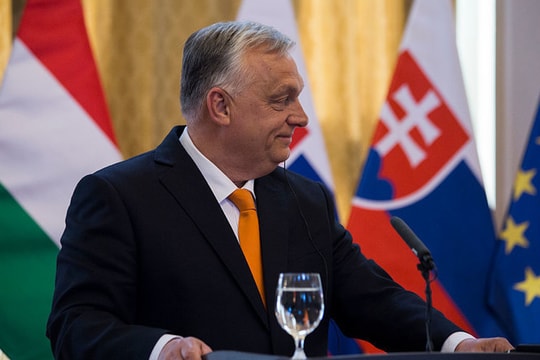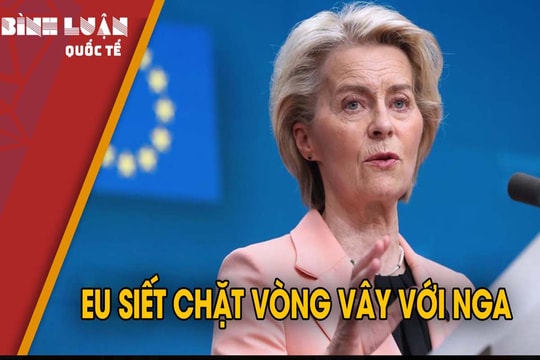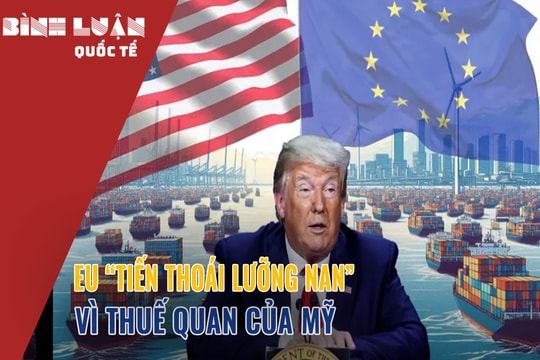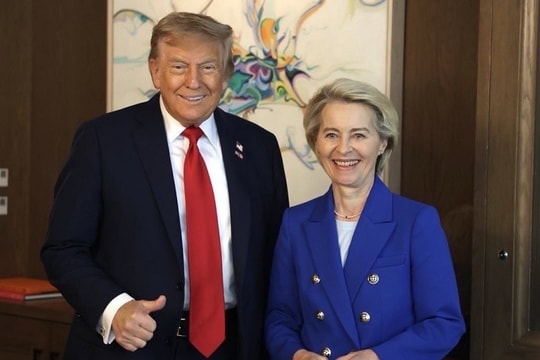The world last week: The risk of broken agreements
(Baonghean.vn) - British Prime Minister Boris Johnson said there was a high possibility of no trade deal with the European Union. The US House of Representatives passed a short-term bill to keep the government open until December 18, as lawmakers continue to tensely negotiate a longer-term spending package. These are notable international issues of the past week.
Ready for a no-deal Brexit
No-deal Brexitn has always been the biggest concern of both the UK and the European Union (EU) during the transitional period negotiations that have lasted nearly a year. In three weeks, the UK will cut off its membership with the EU after more than 40 years. The two sides are still in negotiations in an effort to overcome the core disagreements that are hindering a free trade agreement. However, the scenario of the UK and the EU not reaching any agreement is increasingly clear.
Prime Minister Boris Johnson has warned that there is a “very high chance” that the UK and the EU will fail to negotiate a trade deal, and he has even urged businesses and people to prepare for January 1, 2021, because he believes “there will be some kind of change”.
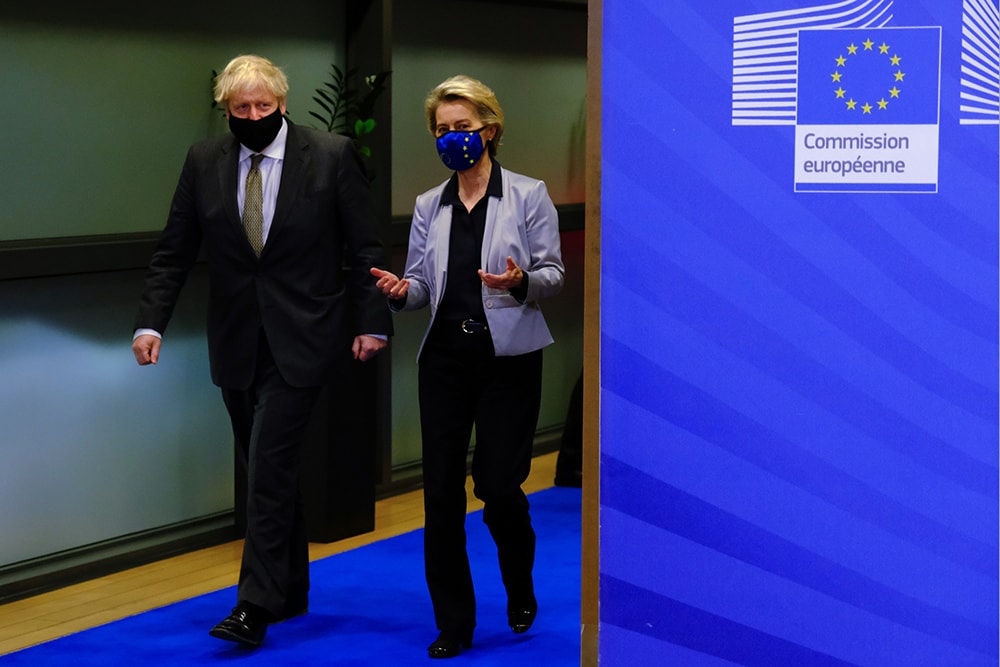 |
| British Prime Minister Boris Johnson and European Commission President Ursula von der Leyen had a cordial meeting, but the future of a no-deal Brexit is increasingly clear. Photo: Bloomberg |
“The deal on the table is really not the right one at the moment,” Prime Minister Johnson said, adding that it would even leave Britain vulnerable to sanctions or tariffs if it did not comply with the bloc’s new rules.
Britain is currently “locked in the EU's orbit”, but British leaders insistnegotiationswill “go further” to reach a deal by December 31. Meanwhile, Prime Minister Johnson has asked his Cabinet to “start and prepare” for a no-deal exit, or to deal with the EU under the “Australia solution” – what he calls a no-deal Brexit.
Failure to reach a deal after 11 months of negotiations would deal a major blow to the UK economy, and disrupt the supply chains of businesses across the continent.both the UK and the EU. Consumers will be hit by the extra costs and disruption caused by tariffs and quotas from the EU, Britain's biggest and closest trading partner. The pound fell more than 1% against the dollar. Traders are bracing for chaos around the deadline, which is expected to be the most volatile in a year.
Although the two sides have set a deadline of December 13 to reach a final decision on a post-Brexit deal, the possibility of a breakthrough is very low. The two sides still disagree on three key issues: fishing rights, a level playing field, and dispute resolution. Both sides are pushing each other further and further apart, realizing that reaching an agreement is not easy.
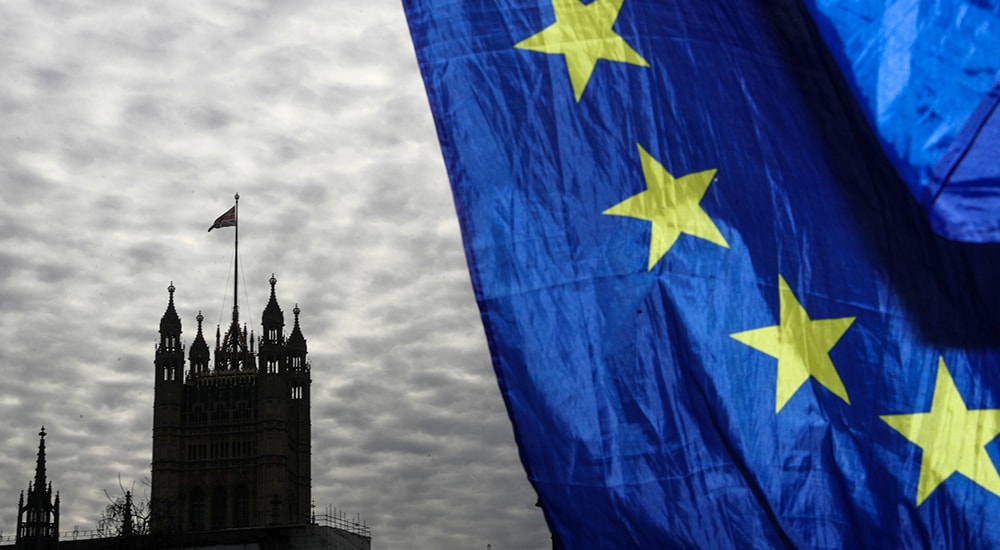 |
| A trade deal between the UK and the EU is not easy to achieve. Photo: Bloomberg |
“I would rather have no deal than a bad deal. Leaving the EU is bad for the EU, but it is worse for the UK, because we have to have a deal where we can all get the necessary guarantees, and find a proper way out of this mess.”
For its part, the European Commission (EC) has announced contingency plans in case no deal is signed. The EC said these are only to ensure basic air and road connectivity between the EU and the UK, as well as reciprocal fishing access.
An EU official said it was possible the two sides would agree on an “unfriendly deal” and put in place contingency plans that would allow trade talks to resume in late 2021.
Fear of government shutdown
When the budget expires on December 11, if lawmakers do not pass a funding bill, many sectors will stop operating in the context of the raging pandemic. Therefore, quickly coming up with a temporary bill is necessary. The US House of Representatives passed the temporary bill by 343 votes in favor and 67 votes against, buying more time for financial negotiations, as well as a package to minimize the impact of the pandemic.Covid-19 epidemic. The Senate is expected to soon pass this document to send to President Donald Trump for signing.
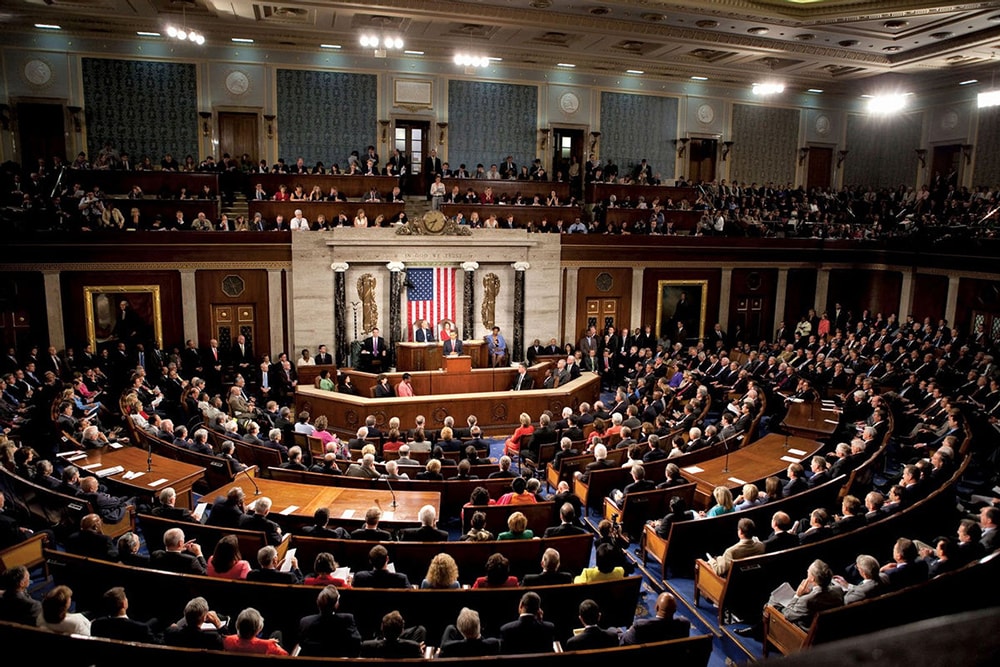 |
| The US House of Representatives has passed a temporary bill to prevent a government shutdown when finances run out. Photo: Reuters |
House Democratic leaders had initially hoped to wrap up their 2020 work this weekend so that members could return home to quarantine for two weeks to guard against any possible Covid-19 exposure during travel and meetings at the Capitol, before enjoying Christmas with their families.
But as talks on a comprehensive spending package have progressed slowly, lawmakers have acknowledged they need more time. Both Democrats and Republicans want to avoidgovernment shutdownduring the peak of the Covid-19 pandemic.
Negotiators hope the extra time will be enough to reach not only a sweeping funding deal, but also a deal on new coronavirus relief. The fate of a comprehensive spending bill and additional pandemic relief are tied together, as any pandemic aid package is expected to be passed as part of a government funding deal.
A bipartisan coalition pushing a $908 billion stimulus deal may now be lawmakers’ best bet to agree on and pass more aid legislation. But the legislative text for that plan has yet to be formally released as lawmakers work to resolve two key issues: state and local funding, a key Democratic priority, and Republicans’ primary responsibility and priority.
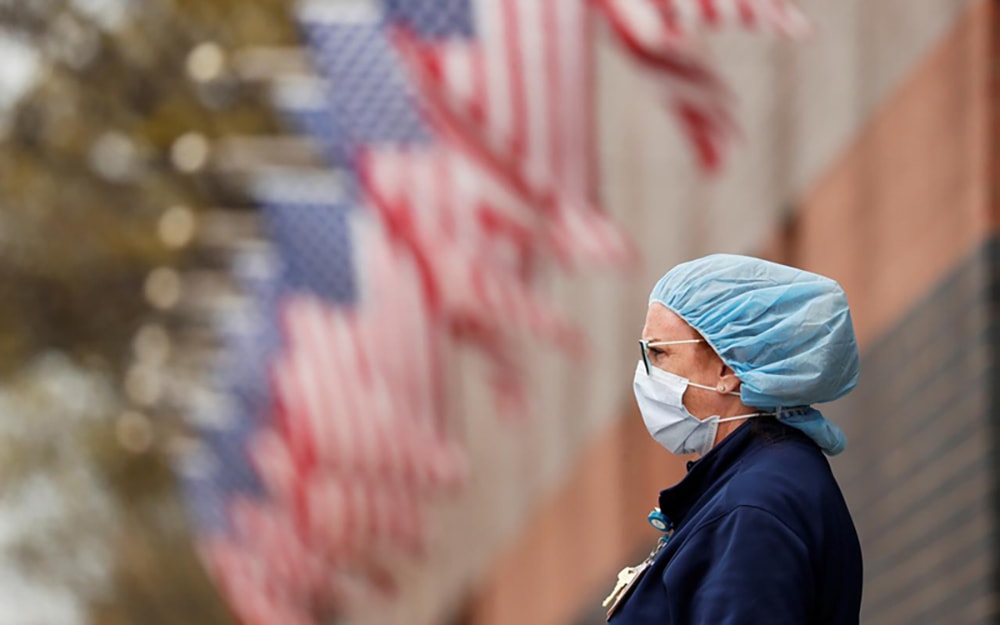 |
| The US remains the country most heavily affected by the Covid-19 pandemic. Photo: Reuters |
Faced with these major hurdles, Senate Majority Leader Mitch McConnell has proposed to remove the conflict, to quickly pass the agreement now, creating a new turning point for the negotiations. “We cannot leave without delivering a Covid-19 pandemic relief package. The country and its people need it,” Mr. McConnell emphasized, and proposed to remove liability for states and localities.
The United States remains the country hardest hit by the Covid-19 pandemic, with over 15.9 million cases and more than 298,700 deaths. US officials warn that the death toll will continue to spike as millions of people have traveled across the country for the holidays.Thanksgivingin November, despite recommendations to limit movement to prevent the spread of the disease.
Faced with the increasingly widespread and uncontrollable spread of the virus, US experts met to assess the possibility of urgently deploying a potential vaccine jointly developed by Pfizer (USA) and BioNTech (Germany).

